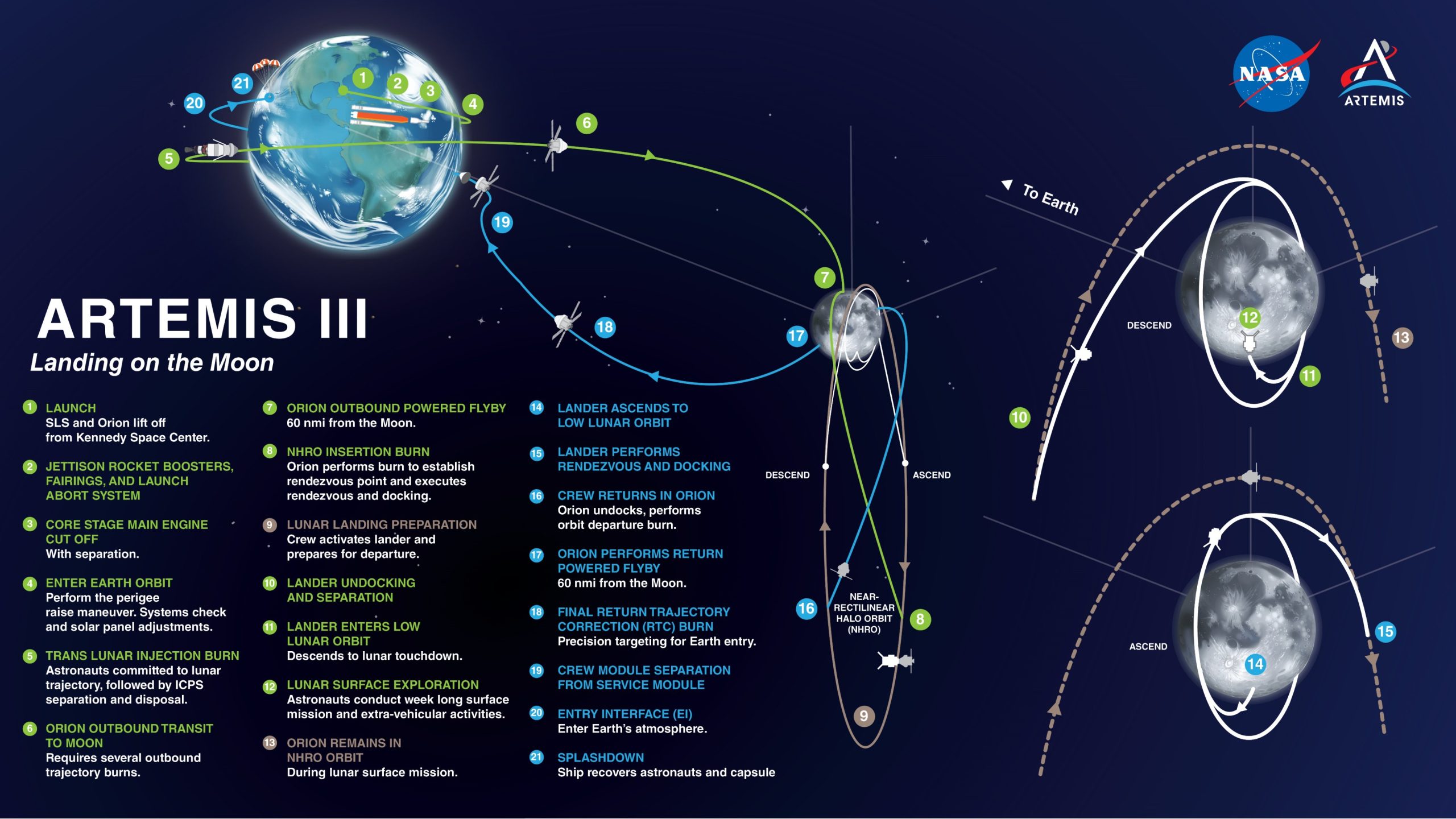NASA – Jasmine Walker

NASA - Jasmine Walker
If anyone looked at the news recently they might have seen that NASA tried to launch the ‘Artemis I’ but had to reschedule due to issues with overheating. However this isn’t the first time they’ve had to reschedule, the original launch date was way back in December 2017. It is now scheduled for November 14th (as of writing).
But what exactly is the Artemis programme? What was the launch even for? Why is it called Artemis? These are all very good questions and all questions that can be answered with one word: Women.
Well, not exactly, but I couldn’t resist. The main goal of the Artemis programme (named after the Greek goddess of the moon who was twin sister to apollo- the name of the shuttle that launched for the original moon landing) is to get the first woman and the first person of colour on the moon. It is also for the purpose of using information they gather on the moon to inform them of the next step in the programme: sending the first astronauts to Mars.
The programme is split into three stages, the Artemis I mission is an uncrewed flight test in order to set a foundation for future deep space exploration missions and to test the systems of the spacecraft ‘Orion’ (named of course after the constellation). This mission is meant to last 25 and a half days.
The Artemis II mission will be a crewed flight around the moon, we do not know the specifics of this mission yet but we do know that the rocket for the mission is already being assembled and will most likely be set to launch in mid-2023.
The Artemis III mission is when finally the first astronauts since 1969 will land on the moon’s surface in 2024. The astronauts will be on the moon for four days where they will collect samples of rock, ancient solar wind, and other natural materials.
NASA has high hopes that this program will give them the resources and research material they need in order to finally plan a mission to mars. They even reckon that we could see humans on the surface of mars within this decade.
However, the question is, why does the Artemis I launch keep on getting delayed? As mentioned earlier the Artemis I launch was originally set for 2017, yet half a decade later it has had three delays within the past three months alone. It does beg the question of whether the Artemis programme sounds too good to be true?
Jim Free, NASA’s affiliate administrator for exploration systems improvement, has said that the main reason that the launch keeps on being delayed is due to liquid hydrogen, which is what they use as rocket propellent. Liquid hydrogen is hard to work with as it has a tendency to leak a lot, however, it is also highly effective and lightweight, and is apparently the best propellent they could use.
However, NASA is not worried about this, claiming that the delays don’t make much of a dent in the programme’s schedule, and are confident that the Artemis I will launch by the end of this year.
By Jasmine Walker
A levels